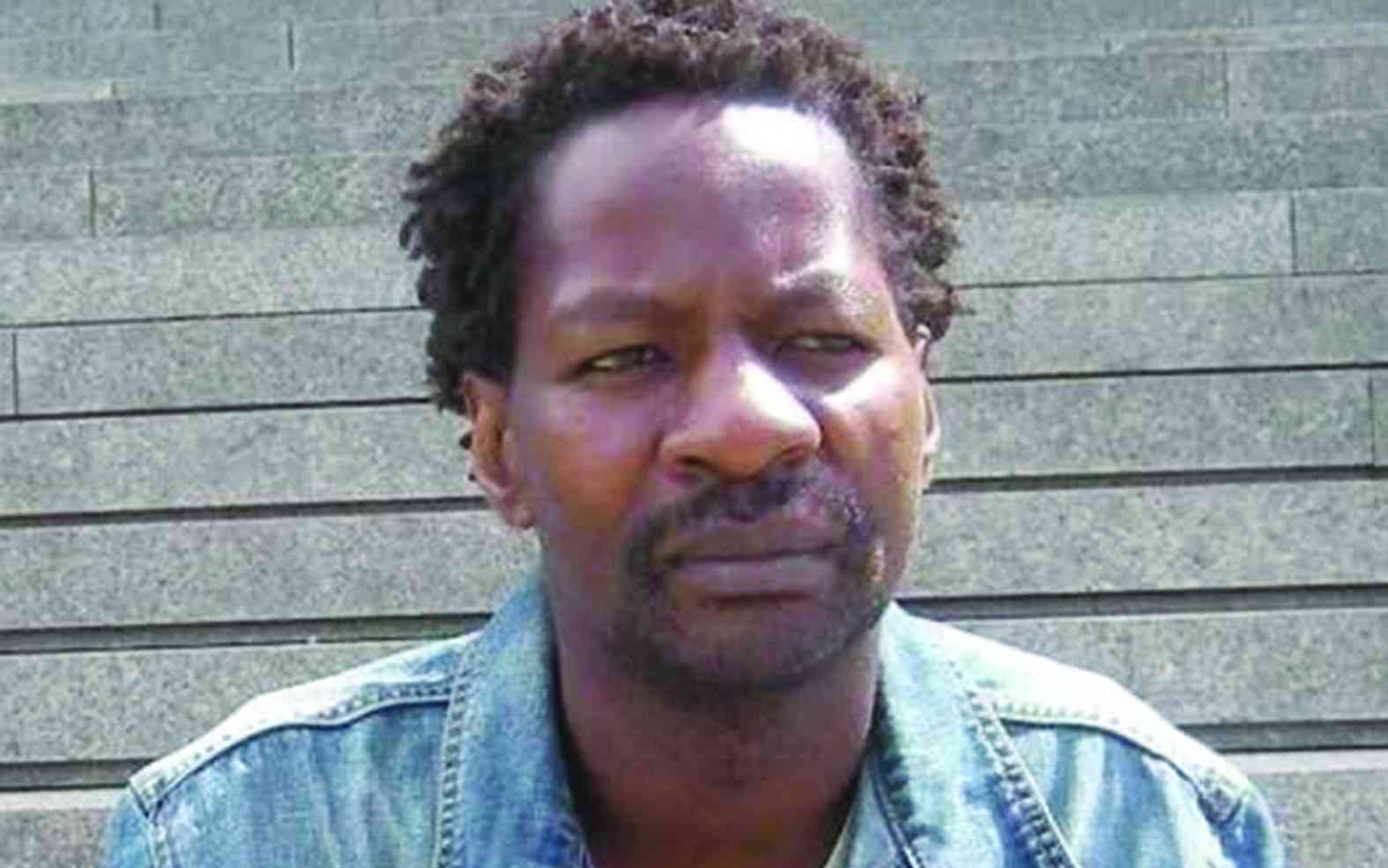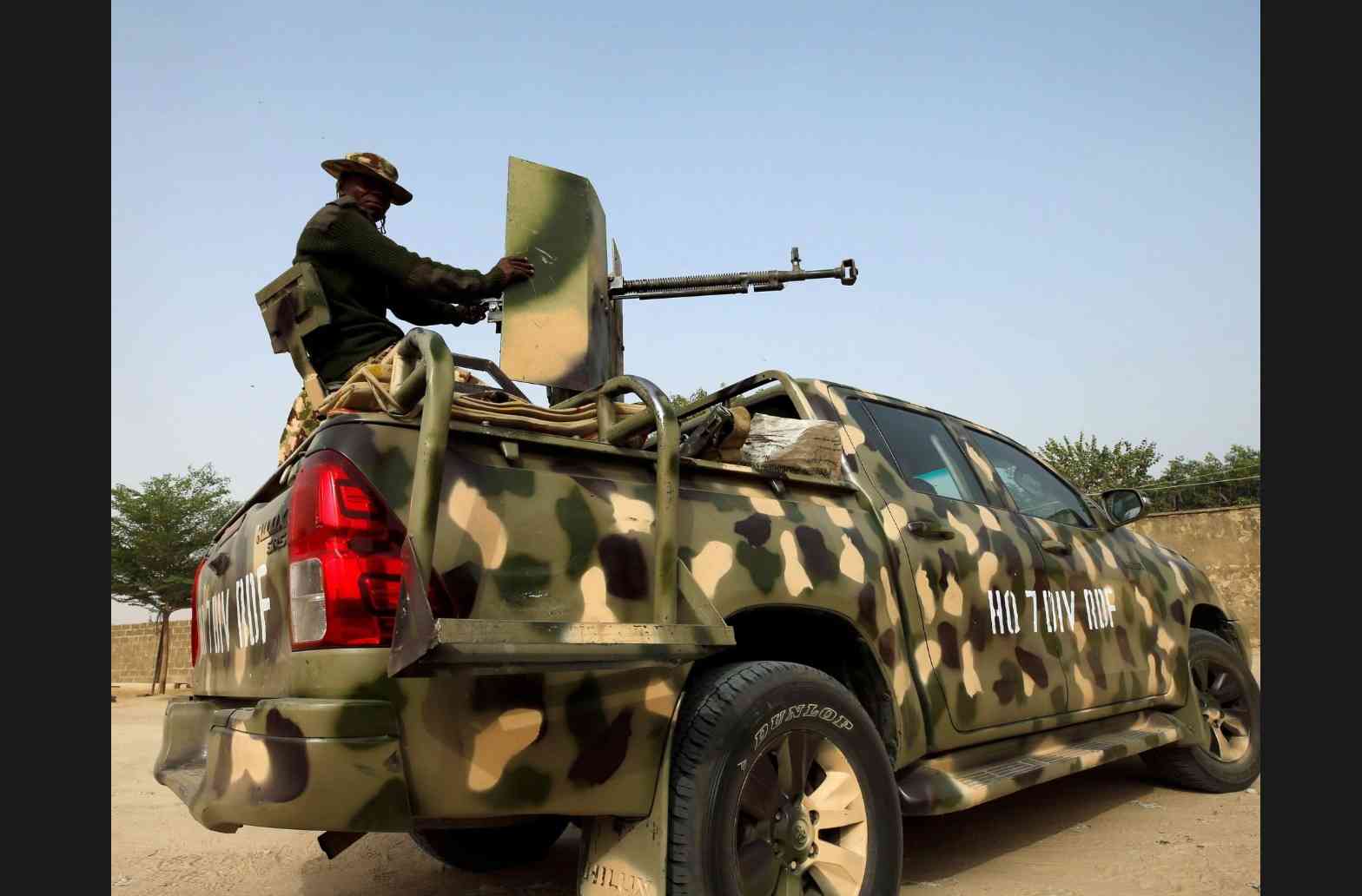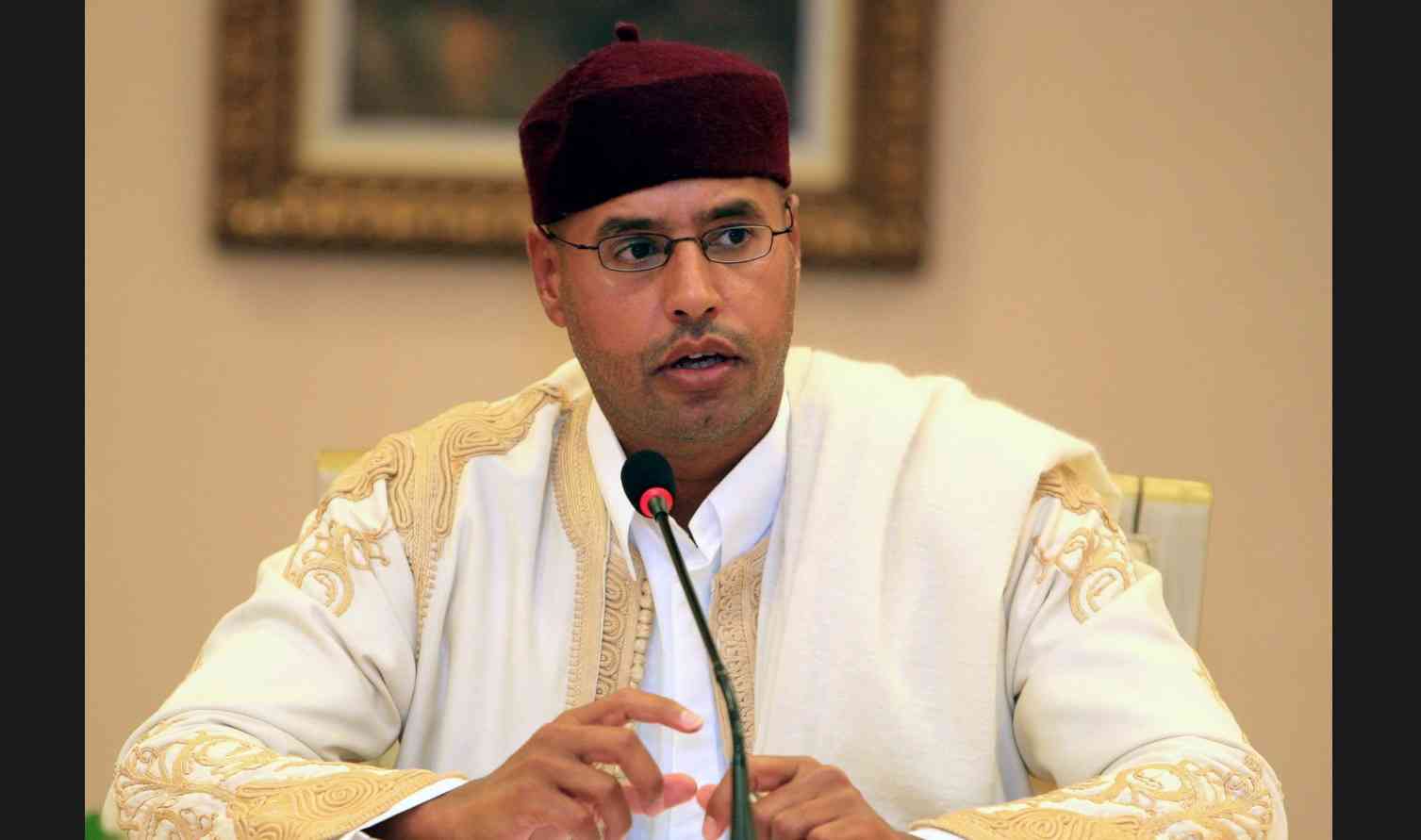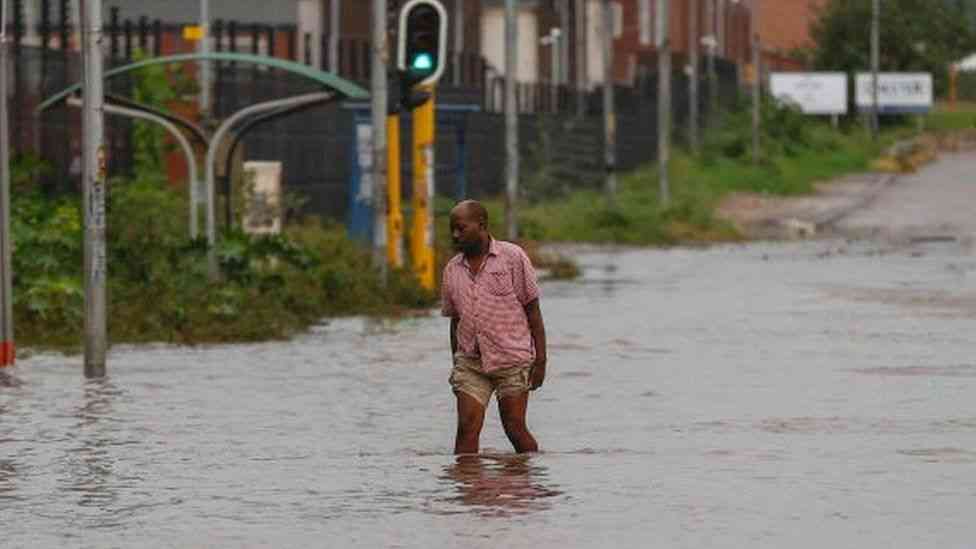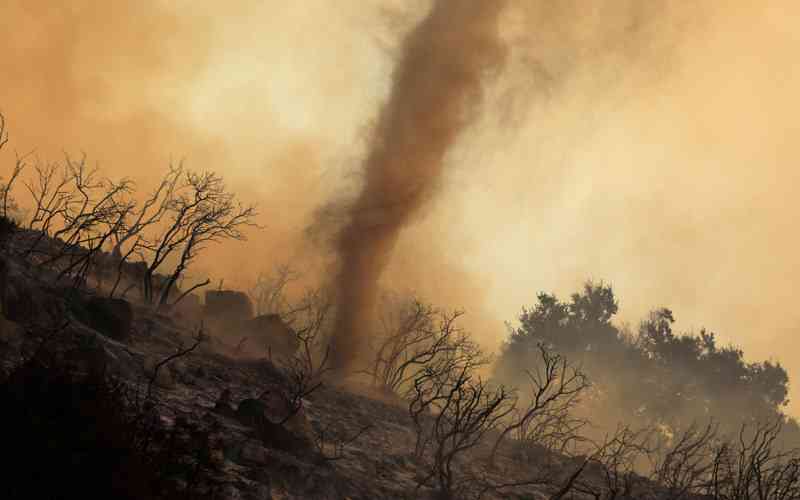
The world is at risk of descending into a climate “doom loop”, a thinktank report has warned.
It said simply coping with the escalating impacts of the climate crisis could draw resources and focus away from the efforts to slash carbon emissions, making the situation even worse.
The damage caused by global heating across the globe is increasingly clear, and recovering from climate disasters is already costing billions of dollars. Furthermore, these disasters can cause cascading problems including water, food and energy crises, as well as increased migration and conflict, all draining countries’ resources.
The researchers, from the Institute for Public Policy Research (IPPR) and Chatham House, said a current example of the impact of the climate crisis complicating efforts to reduce emissions and other action was the debate over whether keeping the global temperature rise below 1.5C – the international goal – was still possible.
Those arguing 1.5C was still possible risked perpetuating complacency that today’s slow pace of action was sufficient, the researchers said, while those arguing it was not possible risked supporting fatalism that little that could now be done, or “extreme approaches” such as geoengineering.
Avoiding a doom loop required a more honest acceptance by politicians of the great risks posed by the climate crisis, the researchers said, including the looming prospect of tipping points and of the huge scale of the economic and societal transformation required to end global heating. This should be combined with narratives that focused on the great benefits climate action brought and ensuring policies were fairly implemented.
“We’ve entered, sadly, a new chapter in the climate and ecological crisis,” said Laurie Laybourn, an associate fellow at IPPR. “The phoney war is coming to an end and the real consequences now present us with difficult decisions. We absolutely can drive towards a more sustainable, more equitable world. But our ability to navigate through the shocks while staying focused on steering out the storm is key.”
The report said: “This is a doom loop: the consequences of the [climate] crisis draw focus and resources from tackling its causes, leading to higher temperatures and ecological loss, which then create more severe consequences, diverting even more attention and resources, and so on.”
- COP26 a washout? Don’t lose hope – here’s why
- Out & about: Bright sheds light on Vic Falls Carnival
- COP26 a washout? Don’t lose hope – here’s why
- Out & about: Bright sheds light on Vic Falls Carnival
Keep Reading
It noted that, for example, Africa’s economy was already losing up to 15% of GDP a year to the worsening effects of global heating, cutting into funds needed for climate action and emphasising the need for support from developed countries, which emit the most carbon dioxide.
“The thing I’m most concerned about is that we’re not factoring in the cascading risks to societies,” said Laybourn. “It’s not just the big city-smashing storms we should be concerned about, it’s the consequences that ripple through our globalised systems.”
“For the UK, it may not necessarily be the sheer cost of responding to disasters that’s the biggest distraction. It could be that it has to deal at the same time with a food price shock and resurgent nativism, playing off fears about so-called climate refugees,” he added.
Laybourn said the narratives used to describe the situation were very important. For example, he said, greener transport was not simply about switching to electric vehicles, but about better public transport and redesigned cities that meant people were closer to the jobs, education and healthcare they needed. This in turn meant reevaluating local authority budgets and taxes to implement the change.
Unfairness in climate policy could drive the doom loop, Laybourn said, because if people felt unaffordable changes were being forced on them they would reject the need for a green transition. But, he added: “If you have fairness at the heart of things, it can instead be a virtuous circle, if you’re in a situation where people recognise that switching to a heat pump and having better insulation will be better for them regardless of the climate crisis.”
Making progress on climate action resilient to difficulties posed by climate impacts was also crucial. “I’m a massive fan of citizens’ assemblies, because if people feel they have a role in decision making, they’re more likely to maintain their support, even in a future in which the shocks start to rack up. They become moments where we actually do build back better,” said Laybourn, unlike after the 2008 crash and Covid pandemic.
Bob Ward, of the Grantham Research Institute on Climate Change at the London School of Economics, said: “This report rightly highlights the critical point we have reached, namely the increasing likelihood that global temperature will rise by more than 1.5C. This does not mean that we should abandon the target.
“Our main aim should still be radical emissions cuts to try to avoid breaching 1.5C, but we should now also be considering what happens if we continue to fail.
“This will mean bringing temperatures back down [and] we will have to invest in geoengineering options such as carbon dioxide removal and even solar radiation management. But it also means we will have to spend far more on dealing with [climate] damage, which will make it more difficult to make the transition to a sustainable, inclusive and resilient world.”


